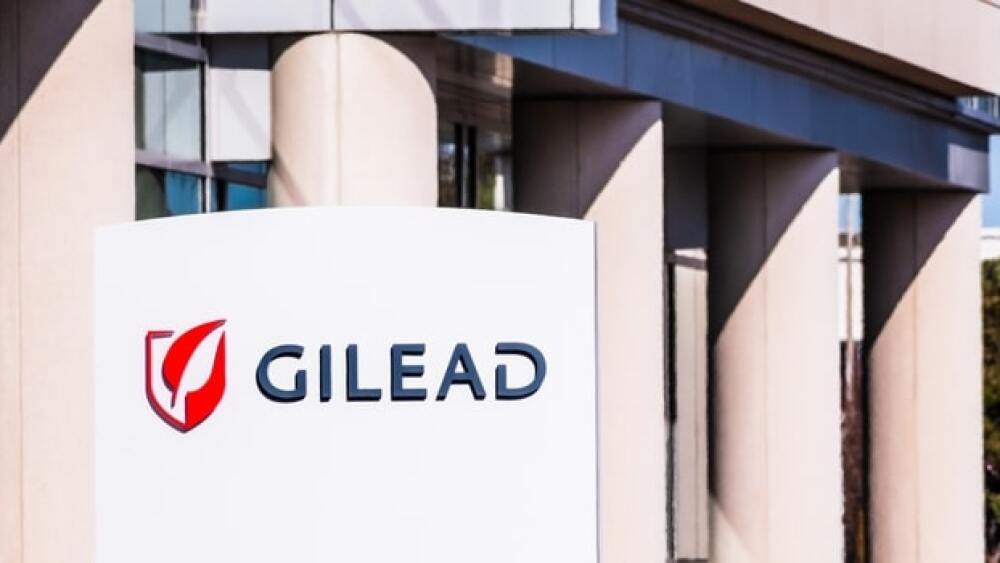The approval marks the second approval for Trodelvy, which Gilead gained through its $21 billion acquisition of Immunomedics.
Sundry Photography/Shutterstock
The U.S. Food and Drug Administration (FDA) granted accelerated approval to Gilead Sciences’ Trodelvy as a treatment for adults with locally advanced or metastatic urothelial cancer (mUC). The approval marks the second approval for Trodelvy, which Gilead gained through its $21 billion acquisition of Immunomedics.
Trodelvy, which is expected to be a cornerstone drug in Gilead’s oncology franchise, was previously greenlit under accelerated approval from the U.S. Food and Drug Administration in April for the treatment of adult patients with metastatic triple-negative breast cancer (mTNBC) who have received at least two prior therapies for metastatic disease.
Last week, the FDA granted full approval to Trodelvy in this indication based on confirmatory clinical data. Trodelvy (sacituzumab govitecan-hziy) is a first-in-class antibody and topoisomerase inhibitor conjugate directed to the Trop-2 receptor, which is a protein commonly expressed in multiple types of epithelial tumors, including TNBC and metastatic UC, where high expression is associated with poor survival and relapse.
For the latest indication, Trodelvy was specifically approved for adults with locally advanced or metastatic urothelial cancer (mUC), who have previously received a platinum-containing chemotherapy and either a programmed death receptor-1 (PD-1) or a programmed death-ligand 1 (PD-L1) inhibitor. This type of bladder cancer is the most common. Approximately 90% of the estimated 83,000 bladder cancer diagnoses in 2021 are expected to be mUC.
Metastatic urothelial cancer is an aggressive and devastating disease with limited treatment options. The disease has a relative five-year survival rate of 5.5%, Gilead said.
The FDA’s accelerated approval program provides a quicker authorization pathway for medications that treat serious diseases with unmet medical needs based on a surrogate or intermediate clinical endpoint.
For Trodelvy, the latest approval was granted based on data from the single-arm Phase II TROPHY study that showed 27.7% of those treated with Trodelvy responded to treatment, with 5.4% experiencing a complete response and 22.3% experiencing a partial response. The median duration of response was 7.2 months. A confirmatory Phase III clinical trial dubbed TROPiCS-04 is ongoing and is also intended to support global registrations, Gilead said.
Trodelvy does come with a boxed warning for severe or life-threatening neutropenia, a low number of white blood cells, and severe diarrhea. Its safety profile remained consistent with other clinical studies, Gilead said.
Gilead Sciences Chief Medical Officer Merdad Parsey thanked the patients and medical staff involved with the TROPHY study. He said the latest indication for Trodelvy, coupled with the full approval in mTNBC, “underscores our commitment toward rapidly delivering Trodelvy to patients facing some of the most difficult-to-treat cancers.”
Trodelvy continues to be investigated as a potential treatment for hormone receptor-positive/human epidermal growth factor receptor 2-negative (HR+/HER 2-) metastatic breast cancer and metastatic non-small cell lung cancer.
Featured Jobs on BioSpace





